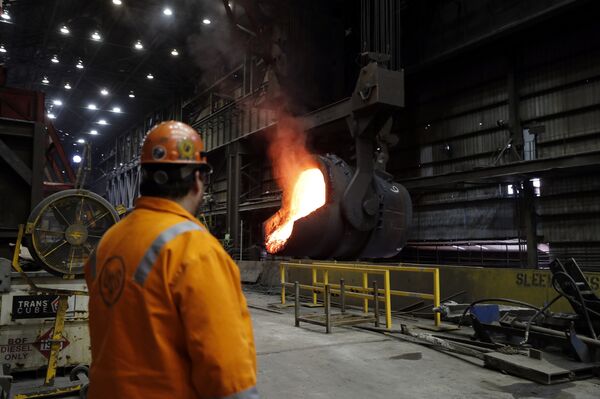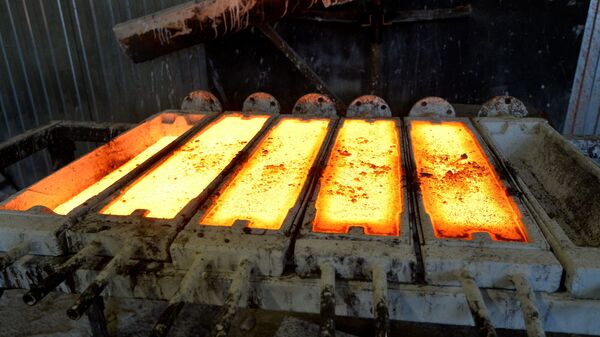President Jair Bolsonaro stated that Washington would listen to Brazil's economic concerns after his US counterpart Donald Trump vowed to impose levies on the country.
"Their economy is not comparable with ours, it's many times bigger. I don't see this as retaliation", Bolsonaro said in a radio interview with Brazil's Radio Itatiaia."I'm going to call him so that he doesn't penalize us ... Our economy basically comes from commodities, it's what we've got. I hope that he understands and that he doesn't penalize us with this, and I'm almost certain he'll listen to us".
The Brazilian steel industry body reportedly said that Trump's tariff decision is "retaliation" against Brazil and goes against the spirit of partnership between the two countries.
At the same time, Buenos Aires, which was also targeted by the restrictions, promised to begin talks with the US State Department.
Donald Trump announced trade restrictions against Argentina and Brazil on Monday, explaining his position in a series of tweets. He also called on the Federal Reserve to cut interest rates in order to weaken the dollar, which would benefit American manufacturers, making their goods less expensive.
.....Reserve should likewise act so that countries, of which there are many, no longer take advantage of our strong dollar by further devaluing their currencies. This makes it very hard for our manufactures & farmers to fairly export their goods. Lower Rates & Loosen - Fed!
— Donald J. Trump (@realDonaldTrump) December 2, 2019
The statement comes despite previous attempts to establish cooperative trade relations between the US and Brazil, as they have been negotiating for the removal of barriers this year.
U.S. Markets are up as much as 21% since the announcement of Tariffs on 3/1/2018 - and the U.S. is taking in massive amounts of money (and giving some to our farmers, who have been targeted by China)!
— Donald J. Trump (@realDonaldTrump) December 2, 2019
When Trump increased tariffs to 25 percent on steel and 10 percent on aluminium in 2018, both Latin American countries were granted exemptions, however, this time they're facing a protectionist response from Washington.

Brazil currently occupies a third place among countries exporting steel to the US with 12 percent, only Canada (20 percent) and Mexico (13 percent) export more. At the same time, only 0.5 percent of the steel imported to the US comes from Argentina.


